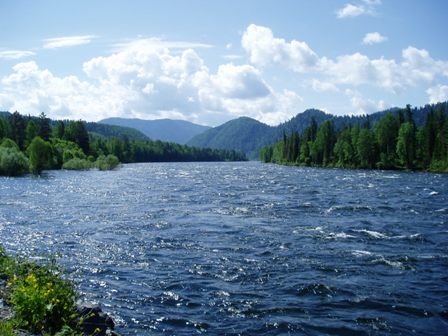In a significant development with regard to Indus Water Treaty, the World Bank has paused the separate processes initiated by India and Pakistan under the Indus Waters Treaty to allow the two countries to consider alternative ways to resolve their disagreements.
The pause was announced by World Bank Group President Jim Yong Kim in letter to India and Pakistan. It was also emphasised that the Bank was acting to safeguard the Indus Water Treaty.

Pausing the process for now, the Bank would hold off from appointing the Chairman for the Court of Arbitration or the Neutral Expert — appointments that had been expected on December 12 as earlier communicated by the Bank.
Read About Indus Waters Treaty Here
India had taken strong exception last month to the World Bank’s decision to set up a Court of Arbitration and appoint a Neutral Expert to go into Pakistan’s complaint against it over Kishenganga and Ratle hydroelectric projects in Jammu and Kashmir.
Surprised at the World Bank’s decision to appoint a Neutral Expert, as sought by the Indian government and at the same time establish a Court of Arbitration as wanted by Pakistan, India had said proceeding with both the steps simultaneously was “legally untenable”.
The current processes under the treaty concern the Kishenganga (330 megawatts) and Ratle (850 megawatts) hydroelectric power plants. The power plants are being built by India on, respectively, the Kishenganga and Chenab Rivers.
Neither of the two plants are being financed by the World Bank. The bank said the Indus Waters Treaty, 1960, is seen as one of the most successful international treaties and has withstood frequent tensions between India and Pakistan, including conflict.
In September, the World Bank, which had mediated the Indus Water Treaty, had said it was approached by India and Pakistan and it is “responding in its limited, procedural role as set out in the treaty”.
India and Pakistan have informed the World Bank that each has initiated proceedings pursuant to the Indus Waters Treaty 1960 and the World Bank Group is responding in its limited, procedural role as set out in the Treaty.
The Treaty sets out a mechanism for cooperation and information exchange between the two countries regarding their use of the rivers, known as the Permanent Indus Commission which includes a commissioner from each of the two countries.

